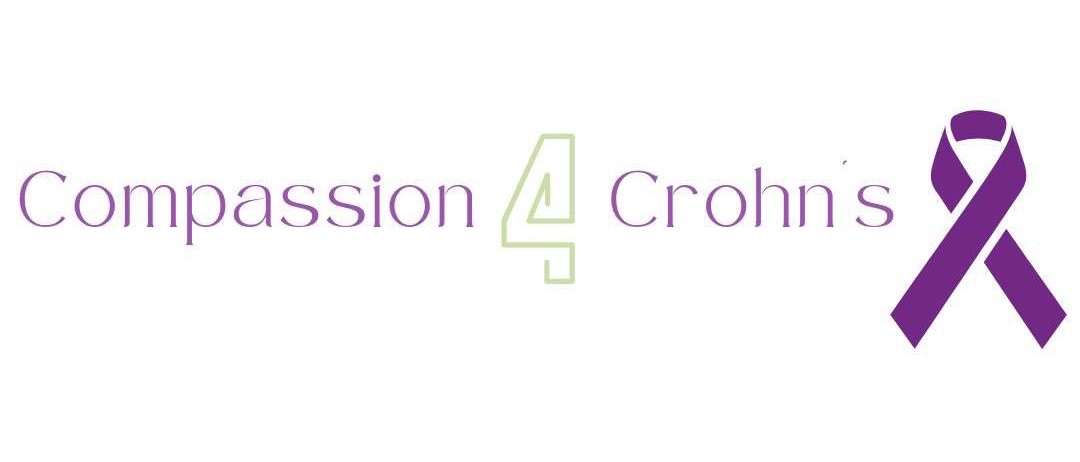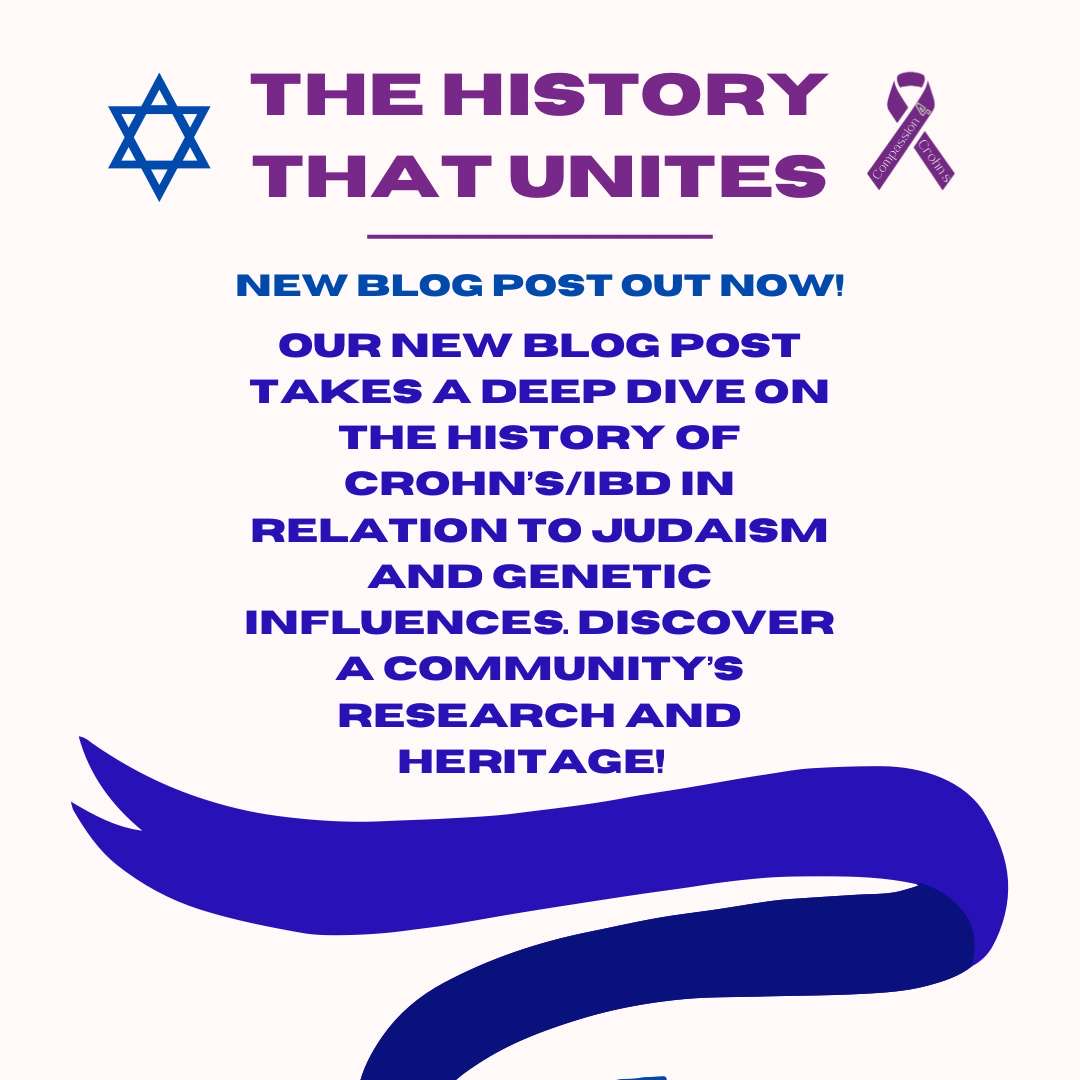The History That Unites
Crohn’s disease, an often puzzling inflammatory bowel disorder, follows a complex historical path that reflects the evolving understanding of gastrointestinal health. First defined in 1932, by Dr. Burrill B Crohn. Since then, Crohn’s disease/IBD has become a major medical puzzle, sparking years of dedicated research into its origins, including the interplay of genetics and hopeful possibilities. This historical exploration of Crohn’s disease reveals a tale of medical discovery, emphasizing the intricacies that researchers and medical experts have worked hard to understand fully. It’s essential to know that YOU ARE NOT ALONE; there’s a diverse community of individuals with Crohn’s disease who share a common medical history.
GENETIC INFLUENCE AND IDENTITY
- Crohn’s disease is a worldwide health issue, with greater rates in Western countries such as the United States and Europe. According to research, those of Caucasian heritage, particularly those with Ashkenazi Jewish roots, are at a higher risk.
ELEVATED RISK IN ASHKENAZI COMMUNITIES
- Crohn’s disease is significantly more prevalent in Ashkenazi populations, being two to four times higher than in non-Jewish Europeans. Detailed studies on Ashkenazi Jewish groups have identified 10 genetic variants in the NOD2 and LRRK2 genes closely associated with an increased susceptibility to Crohn’s disease, offering crucial insights into its molecular mechanisms.
- Various factors can be attributed to the influx of Crohn’s among Ashkenazi populations. Historical migrations, population decreases, and subsequent repopulation by a limited number of founding families over several centuries are among the primary factors. Because of the complicated connection of these historical events, Ashkenazi individuals are more prone to Crohn’s disease.
HERITAGE HELPS
- Advancements in understanding the genetic underlayer of this disease are empowering scientists to gain a deeper comprehension, propelling progress in Crohn’s disease research. This understanding of its genetic foundation paves the way towards personalized medicine, potentially enhancing treatment outcomes by customizing care based on individual factors such as genetic composition, disease severity, and response to medication.
Although the Ashkenazi community experiences a high prevalence of Crohn’s disease cases, this condition can affect anyone. Understanding the origin of your illness can provide relief by connecting you with others who share the same struggles. Numerous support groups bring together individuals with similar medical histories, fostering a strong sense of connection and understanding. People who have Crohn’s are united, whether it’s through genetics, shared experiences, or medical challenges.


